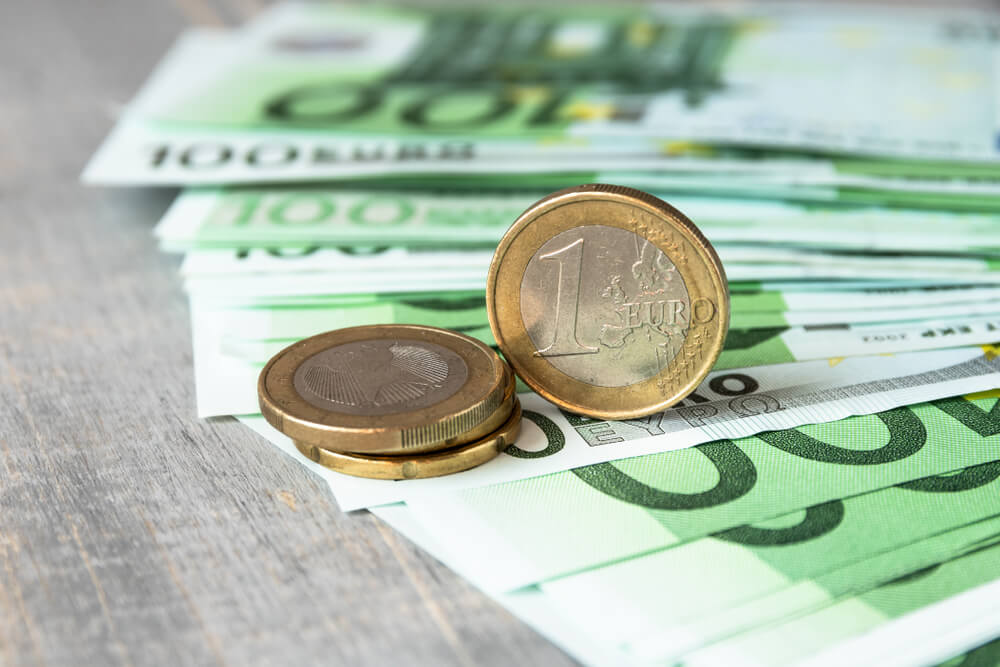Germany’s Ifo economic institute has slashed its growth estimate for the country this year. Europe’s largest economy’s recovery is slowed down by supply chain disruptions and a scarcity of chips and other intermediate goods amid the COVID pandemic.
The institute forecasts Germany’s gross domestic product (GDP) to grow 2.5% this year. That is a 0.8 percentage point low from its previous forecast. It sees a 5.1 growth next year, which is 0.8 points higher.
Last year, coronavirus restrictions on public life and business activities caused a plunge of overall economic output by 4.6%. Following this slump, was a weaker-than-expected rebound this year.
The smaller growth forecast also shows that the country’s next coalition government will inherit a still-fragile recovery from Chancellor Angela Merkel. After 16 years in power, Merkel will be stepping down following a Sept. 26 election.
Ifo chief economist Timo Wollmershaeuser said the strong recovery from the coronavirus crisis, originally expected for the summer, is further postponed. He said, industrial production is currently shrinking as a result of supply bottlenecks for important intermediate goods. At the same time, he added, service providers are recovering strongly from the coronavirus crisis.
Meanwhile, Germany’s association of private sector banks (BdB) was more optimistic with a growth outlook of 3.3% for 2021 and 4.6% for 2022.
The government will update its estimates in October. So far, it has been predicting growth of 3.5% for this year and 3.6% for next,
The BdB said that the biggest risks causing uncertainty for the outlook are the increased number of coronavirus infections. Moreover, the significant delivery and production bottlenecks which are particularly affecting German industry, it added.
BdB managing director Christian Ossig said they expect private consumption to increase by 7% in 2022. He said that would be by far the strongest boom since reunification in 1990.
Ossig also said that the problem of compulsory saving caused by coronavirus restrictions seems to be a thing of the past. That is with the catch-up effects continuing well into next year, he added.
Germany’s Banking System Remains Strong Despite the Pandemic
In other German economic news, meanwhile, Bundesbank board director Joachim Wuermeling said the country’s banking system is still robust despite a year and half of the COVID-19 pandemic, but the crisis is not over yet,
He said the Bundesbank will restore normal regulatory requirements for banks. However, it will make sure not to overburden lenders, warning of possible significant credit defaults due to the pandemic.
















